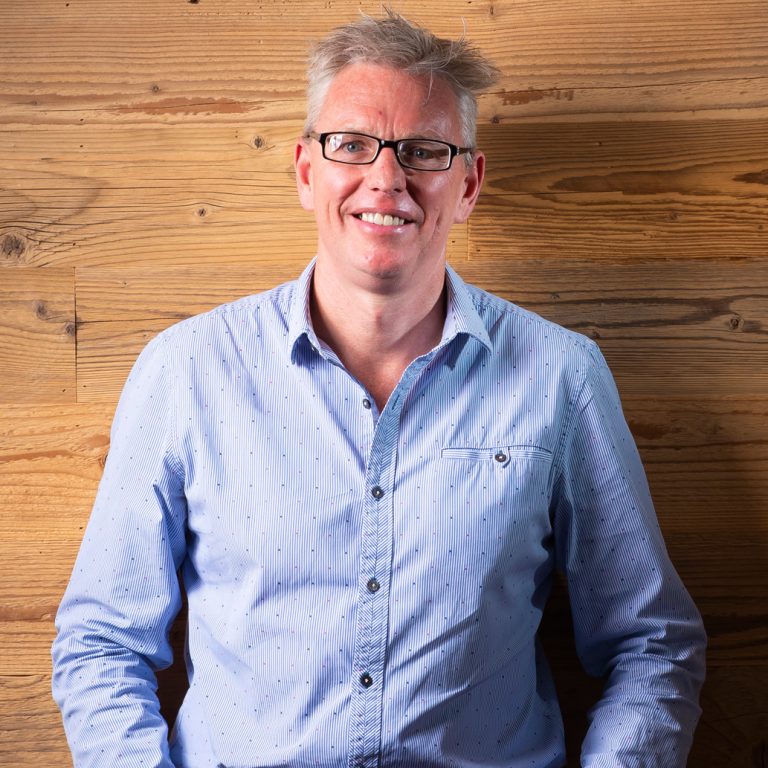Nobody’s going to deny that it is tough on the High Street. But to simply write bricks n’ mortar retail off is defeatist. Unquestionably, the future is dependent on some smart strategy from Government and the retail sector combined. For OC&C, a very high-end supplier of cycles and sports equipment, the whole reason for existence is a very special relationship with customers and that’s something that online simply cannot muster.







